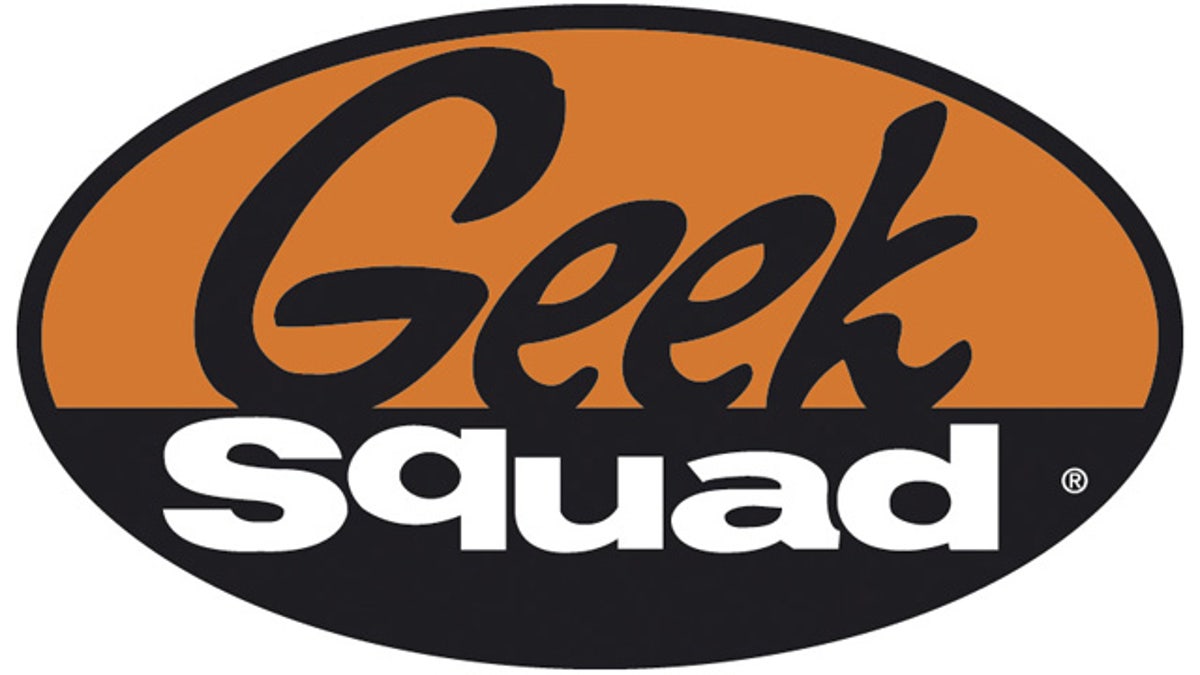
(The Geek Squad)
You've got tech questions, we've found the answers.
We've asked the tech experts at the Geek Squad to help you make the most of your technology, answering your thorniest tech questions. So if you're wondering what to buy, how to plug it in, or how to fix it, the Geek Squad can help.
This week, Geek Squad Double Agent Tommy Kanger answers YOUR questions.
Looking at the myriad of files on my Seagate backup, I know what some of them are but others make no sense (long strings of letters/numbers). I will be doing a clean reinstall of Windows 7 SP1 and not sure if I want all these files to be reinstalled. Is there a guide for choosing which files to back-up? -- Jackson Swift
First off, I congratulate you in backing up your system. One of the best things that any computer user can do is to establish an automated backup solution.
But your fears are correct: During a backup a great many files are copied to your chosen storage resource. Frequently, many of these files are unnecessary unless you are going to do a total system restore. If you are going to perform a clean install, usually the files that you will most often want to transfer are located in the “Users” folder (in Windows Vista and 7) and “Documents and Settings” (in Windows XP).
Backing up and transferring your “Users” folder is a good start -- but you also want to consider any specific programs that you use frequently and make sure that you are backing up those folders too: Outlook, Quicken, and Turbo Tax, for example. Most new external hard drives come with some form of backup software that can automatically locate these kinds of files and copy them for you; you just need to tell them what to look for.
Why do anti-viruses often miss viruses even though they automatically update? -- Simon Metzler
That's the question I'm asked most frequently -- and it's also one of the most difficult to answer.
In the majority of cases, human error causes anti-virus software to miss something. A common exploit is a fake Adobe Acrobat Reader update. Since almost everyone uses Acrobat Reader in some capacity it doesn’t seem out of place to see a notification to update that software, and unless you read the fine print very carefully (let’s be honest, no one does) you can find yourself clicking on a virus without ever knowing it.
As intelligent as all protection software is, none of it is perfect, and rarely can any of it protect you if you click “OK run this program.” The other most common issue is spyware, programs designed to fool you into thinking that your computer is infected with a virus. I usually recommend insuring that the protection software you are running is listed as “Internet Security” not just “Anti-Virus.” This will provide you with the most inclusive protection from all those nasty bugs on the web.
How often should a defrag be run on a 250GB HDD? -- Nathaniel Crumby
It's important to understand what defragmenting does. When you add data to your computer, the system translates that into 1s and 0s (binary), which are written onto the hard drive. Over time, those 1s and 0s can get jumbled up -- and in order for your computer to find that picture you took from Christmas this year, it first has to reassemble that data before you can open that picture.
This is very inefficient for the computer and causes you to have to wait to open files up. Defragmenting groups the like data together so that files can be found and accessed much more quickly. Usually, performing a defrag every month is enough to keep your system running its best. At the minimum, I recommend every three months -- think of it as spring cleaning for your hard drive.
When is the best time to buy a new laptop? I’m a student who has a budget of about $350. I want a reliable computer but I don’t need the newest and best. Any suggestions? -- Kayla Monson
In most cases, the best time to buy a new computer is when you would expect your average stores to have specials on them (Christmas and Back to school time i.e.: June through August). This is because places like Best Buy traditionally have a greater selection of new systems available and thus you have a better chance of finding a good deal.
That having been said, it is always possible to find a good deal at any time of the year, it is just something to keep your eye out for. The main thing I would recommend is to find out what specifications your desired computer needs to meet and watch for a system that meets or exceeds those recommendations. You mentioned that you are a student, most colleges have a list of minimum required specifications located somewhere on their website. Familiarize yourself with these requirements and look for a system that is at least as good as what your school suggests. You would hate to spend the money on a new system only to find that it is lacking in the eyes of your school.
Got a question? E-mail us at AsktheGeeks@foxnews.com and we'll relay it to the Geek Squad. Next week, the Squad will answer the most interesting or most frequently asked questions.








































